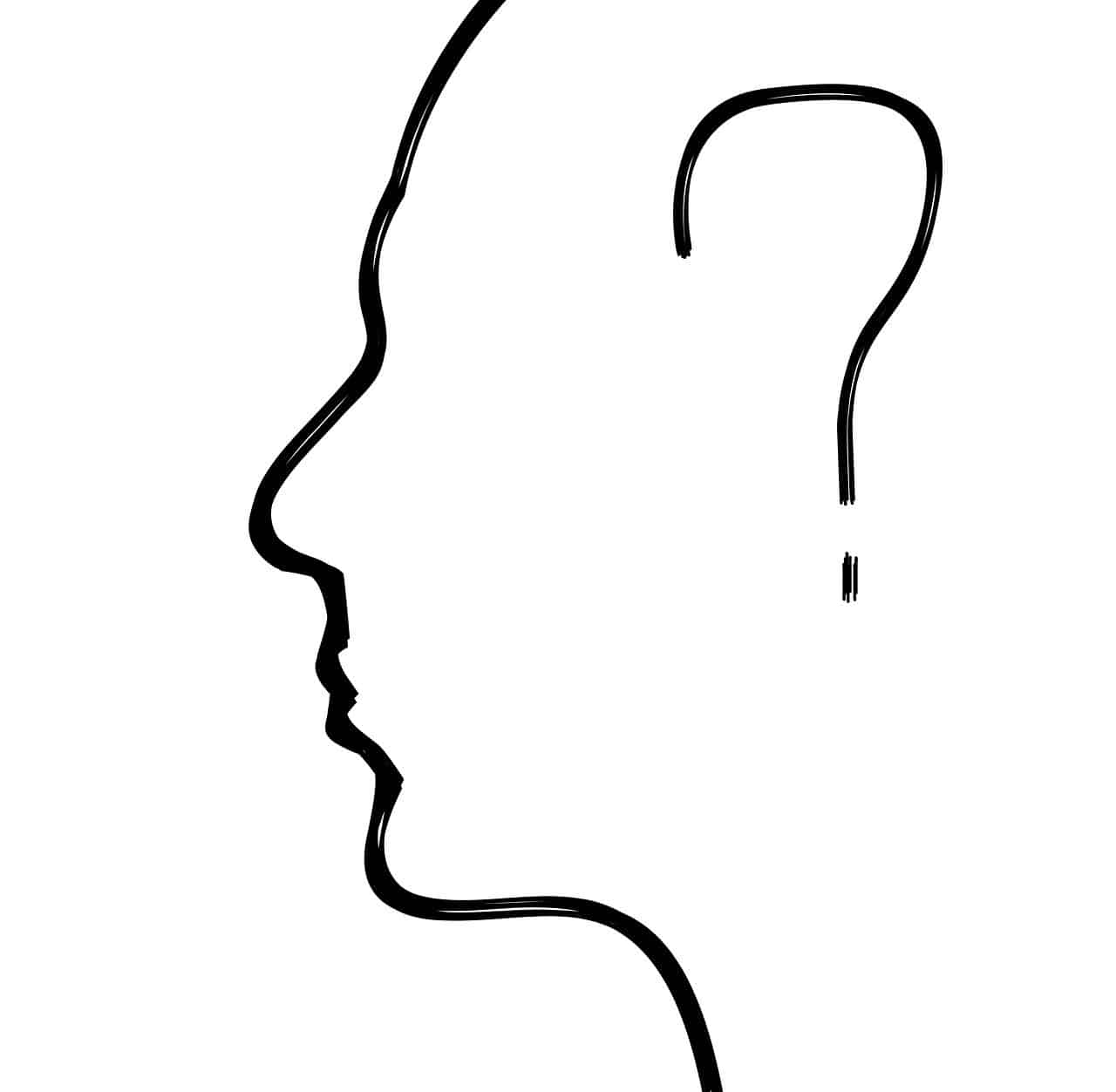
Whoever is an indeterminate pronoun.
Whoever is an indeterminate pronoun that is used to indicate an imprecise subject , without referring to a specific individual. This pronoun can be placed before or after the verb .
For example: “Whoever was looking through my drawer is going to pay me for it,” “They say that whoever drinks water from this fountain regains their youth immediately,” “This talisman grants unlimited power to whoever own it."
As can be seen in these examples, the pronoun whoever allows you to name a person who, for some reason, cannot be identified. In the first case, the owner of the drawer that has been searched threatens the person responsible for the act, an individual whom she has not yet identified. The use of the pronoun signals that he doesn't care who it was: he will punish him anyway.
In the example of the fountain of youth, whoever refers to the fact that magical power does not discriminate: anyone who drinks its water will receive the benefit. The same can be said regarding the talisman example.
Uses of the term whoever
Take the case of the coach of a soccer team who says: “Whoever the club's striker is, he will have to work hard in training if he wants to play for this team.”
With this expression, the technical director is warning that it does not matter which player is hired: whoever it is, he must comply with the team's rules and make an effort to earn a place. The case would be different if the coach stated: “If Gómez is hired by the club, he will undoubtedly play in all the games.”
It is important to note that the use of the term whoever is not very common in everyday speech, but is usually found in literature, the press and cinema. Instead, an informal conversation may resort to a construction such as "whoever it is," "I don't care who it is," or "whoever," among many others, always depending on the context .

The term whoever refers to someone who has not been identified.
The importance of understanding
A very common error in writing the pronoun whoever is separating it into two parts, "whoever" and "whoever" . It is a phenomenon that occurs with many other words, and that can generate confusion, although the most serious thing is the lack of understanding that it denotes on the part of the person who commits it. Writing this term in two parts shows that we do not understand what type of word it is nor, therefore, what its function is in its context.
The consequences of not knowing precisely the meanings and functions of a word are basically three: not being able to take advantage of all the possibilities it offers us when using them in a sentence; transmit confusing or incorrect messages, which lead to misunderstanding on the part of the interlocutors; and misinterpret messages from other people in which the same word is used.
The development of our cognitive abilities, those that are linked to the processing of information that emerges from our environment, goes through various stages throughout our growth. At first, it is normal that we only consider everything that we can see, smell, touch, hear and taste around us; In other words, we begin by being aware of what we can perceive through our senses .
However, sooner or later we become capable of processing ambiguous data, of thinking in abstract concepts, of putting as subject a being that we have never seen, or that we do not know if it exists ; That is when the use of the term whoever begins to take place, to describe those that we may not know, although with attributes of real beings, assuming that they have eyes, arms, that they walk and talk, for example.
